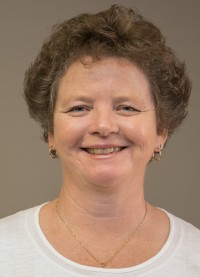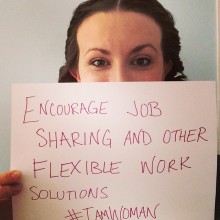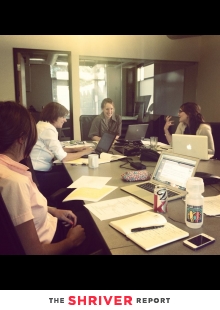Janice Lynch Schuster is a poet, essayist, and non-fiction writer. She is a co-author of the award-winning Handbook for Mortals: Guidance for People Facing Serious Illness, which received a 2012 award from the American Medical Writers Association. Her collection, Saturdays at the Gym, includes poetry inspired by her experiences, ranging from time spent boxing at the gym, to years spent raising children.
Her essays often appear in The Washington Post, and cover everything from her challenges as a cook to her father’s sports fanaticism to Elvis. She is also a frequent contributor to the Post’s Health section, where recent articles have included organ donation, compassion fatigue, and communication strategies for working with people who have dementia.
As a senior writer for Altarum Institute, Lynch Schuster’s professional work aims to improve lives through improved public health; she is currently working with the Center for Elder Care and Advanced Illness, which aims to “make it safe to grow old.”
Lynch Schuster has degrees in math and creative writing, and lives at the intersection of the two. The mother of five adult children and a tween, Lynch Schuster lives near Annapolis, MD. She is a new devotee of Zumba, and—not at the same time!—is always trying to perfect her knitting skills.










